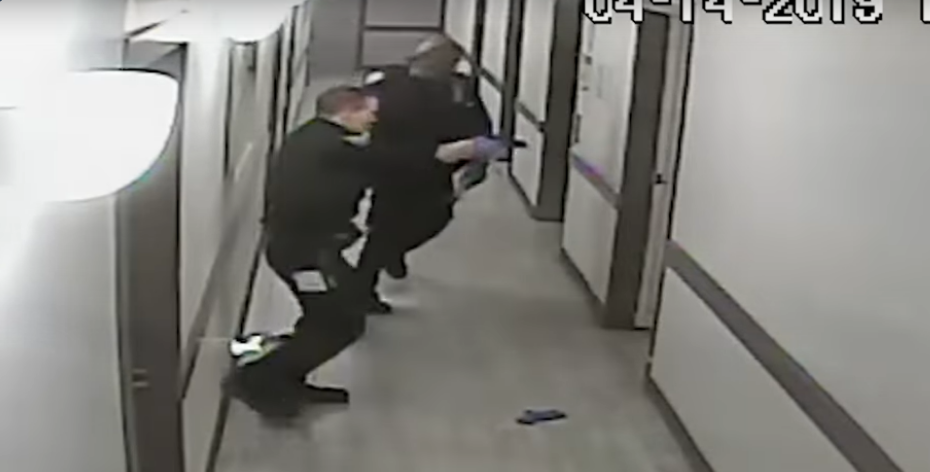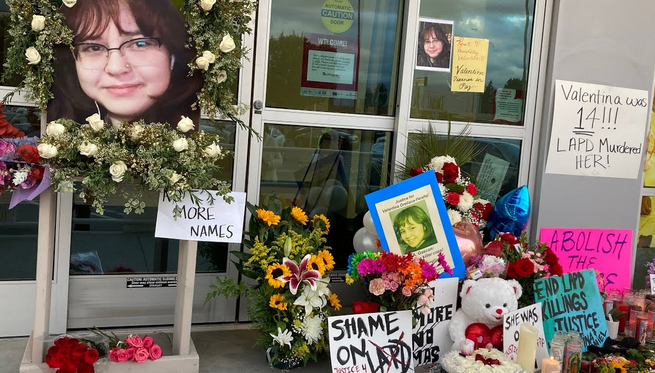Justice would be to build new low income housing in New Orleans.
To respond with justice means we will create a health care system for all Americans. Many of the poor in New Orleans and Biloxi work every day in the service industry, but have no health insurance. Underneath the story of so many of those in wheel chairs and in hospitals is the fact that African Americans still face great disparities in health care access and treatment and thus find themselves with more serious, life-threatening diseases. To respond with justice means passing a minimum wage increase for the nation’s working poor.
The lessons from Hurricane Katrina are only beginning to become apparent. The question, of course, is whether we choose to learn from them.
The city of New Orleans must ask itself some critical questions. Did it adequately prepare for the safe evacuation of its citizens, knowing that so many were elderly, sick, poor and lacking their own sources of transportation? I have heard the stories of those in wheelchairs unable to get adequate transportation out of their homes as the waters deepened and we have seen the stories of so many with no cars and no means of paying for a way out. Said one young woman in a National Public Radio interview, “I did not realize that to be poor was a crime. And that the punishment for this crime was death.�
Why didn’t the city have lists of those who are disabled and specific evacuation plans for them? Why did it not have a plan for bussing out the people of the poorest communities, since it must have known they had no cars?
The state of Louisiana must ask itself some critical questions. Was it adequately prepared for a catastrophic state emergency, knowing that so many of its state national guard troops had already been called out-of-state because of the Iraq war? Are other states now thinking about this reality? What have state budget cuts meant for the safety nets of the poorest in one of the poorest states? How has the state chosen to use any federal money it has received over the past five years – has it gone to the wealthiest, to the corporations and to the politically connected or will it go to the sickest, the poorest, those most in need of affordable housing and jobs with living wages and health benefits?
And now that thousands have been displaced from New Orleans, what measures is the state taking to ensure that rents and housing prices will not be raised precipitously in cities like Baton Rouge? How is the state dealing with the tension of housing needs for displaced persons vs. housing needs for the corporations hired to do the clean up?
And does the state plan to investigate the allegations that police from Jefferson Parish closed the bridge between that suburban county and the city of New Orleans, even shooting up in the air to keep people from New Orleans from entering?
The Bush administration must ask itself some critical questions. Why did it take four days for the most basic needs of life –food and water–to be delivered to the people of New Orleans? Why did President Bush think it was more important to attend a fund-raiser in California, while hundreds, perhaps thousands of Americans were dying? Why is it that even this week there are devastated communities in Mississippi which still have not seen a FEMA official? Is it true that Halliburton already has been given multi-million dollar contracts to clean up New Orleans?
Is this administration ready to not only accept the responsibility for its slow response, but to apologize to the people of New Orleans who had to watch their family members die before their eyes? Is this administration ready to accept its part of the responsibility for shredding the safety net for the most vulnerable Americans and for rendering “the least of these� invisible, irrelevant and expendable?
Americans – Democrat and Republican and Independent alike – must ask ourselves some critical questions. Are we prepared to respond to this disaster only with charity, or are we prepared to respond with justice? Truly, we have been charitable, with nearly $800 million already pledged and with thousands of evacuees being taken in across the nation. But are we ready to respond with justice as well?
To respond with justice means we will not allow only the wealthy to re-build and move back to New Orleans. It means not allowing a natural disaster to be a 21st century “urban removal� project. Our national policy over the past generation has been to almost eliminate public housing funds to help create affordable housing for low-income Americans. Justice would be to build new low income housing in New Orleans.
To respond with justice means we will create a health care system for all Americans. Many of the poor in New Orleans and Biloxi work every day in the service industry, but have no health insurance. Underneath the story of so many of those in wheel chairs and in hospitals is the fact that African Americans still face great disparities in health care access and treatment and thus find themselves with more serious, life-threatening diseases.
To respond with justice means passing a minimum wage increase for the nation’s working poor. Congress has not passed such an increase in eight years, despite the fact that many of the lowest wage workers are heads of families. With welfare reform moving more poor Americans into the work force in low-paying jobs in cities like New Orleans, this has become even more critical. To respond with justice means that we will recognize and acknowledge the institutional racism that has taken place and then work to make sure that it never happens again. May we respond not only with charity, but with justice.
For more reports please click on “subscribe� or call (212) 481-7745 to order the newsstand edition of The Black Star News the world’s favorite Pan African news weekly.
Jobs For Katrina Victims: The Black Documentary Collective would like to offer our help in finding a job and other assistance to the victims of the Gulf Coast natural disaster and resulting hardship due to the delayed rescue effort. If you are in need of employment, please list what type of job you are seeking and your qualifications for the position you seek. Please include your name and contact information. We would like to make this offer to as many people as possible. If you are able to put another friend or colleague in touch with us, please do so. Our newsletter goes out four times a year, but special e-mail blasts will be made more frequently in order to get the word out to as many as possible around the globe about your circumstance. Our thoughts are with you. We look forward to hearing from you.
The BLACK DOCUMENTARY COLLECTIVE. www.bdcny.net E-mail: [email protected]
Please click on the banner ad on our homepage to contribute to The Black Star’s Katrina Relief. Also stay tuned for information about our fund raising event in the near future.











